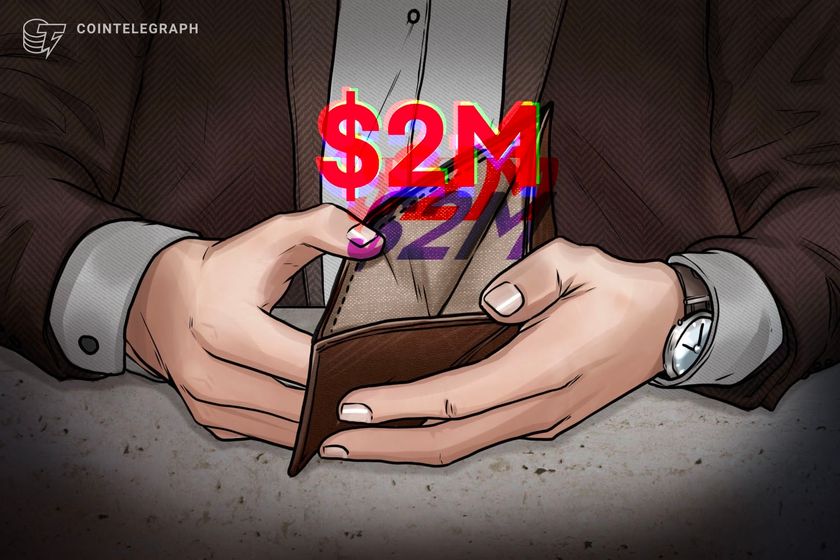
Retired artist Ed Suman, known for his work in fabricating high-profile art pieces, fell victim to a cryptocurrency scam earlier this year, losing over $2 million in Bitcoin and Ether. Suman, 67, had shifted his focus to cryptocurrency investing after retiring, amassing a significant portfolio that comprised most of his retirement savings.
Suman stored his funds in a Trezor Model One hardware wallet, a popular choice among crypto holders for its security features. However, in March, Suman received a text message that appeared to be from Coinbase, alerting him of unauthorized account access. Subsequently, he received a phone call from an individual claiming to be a Coinbase security staffer named Brett Miller. The caller, who seemed knowledgeable about Suman's holdings, convinced him that his wallet was at risk and guided him through a fake security procedure that led to the theft of all his crypto assets.
This incident sheds light on the prevalence of crypto scams, with scammers increasingly impersonating reputable platforms like Coinbase to deceive unsuspecting users. The scam targeting Suman came on the heels of a data breach at Coinbase, where attackers bribed customer support staff in India to access sensitive user information. The breach exposed customer names, account balances, and transaction histories, affecting approximately 1% of Coinbase's monthly transacting users.
Venture capitalist Roelof Botha, a managing partner at Sequoia Capital, was among those impacted by the breach. While there's no indication that his funds were compromised, the incident underscores the vulnerability of personal information in the digital age.
Following the breach, Coinbase's chief security officer, Philip Martin, revealed that the contracted customer service agents involved in the data breach had been terminated. The exchange has also committed to compensating affected users with remediation and reimbursement payments ranging from $180 million to $400 million.
In the wake of these events, it is crucial for crypto investors to remain vigilant and exercise caution when interacting with online platforms and support representatives. Verifying the authenticity of communications and being wary of sharing sensitive information are essential steps in safeguarding one's digital assets from malicious actors.
As the cryptocurrency market continues to evolve, incidents like these serve as a stark reminder of the importance of maintaining robust security practices and staying informed about potential threats in the digital landscape.

Leave a Reply